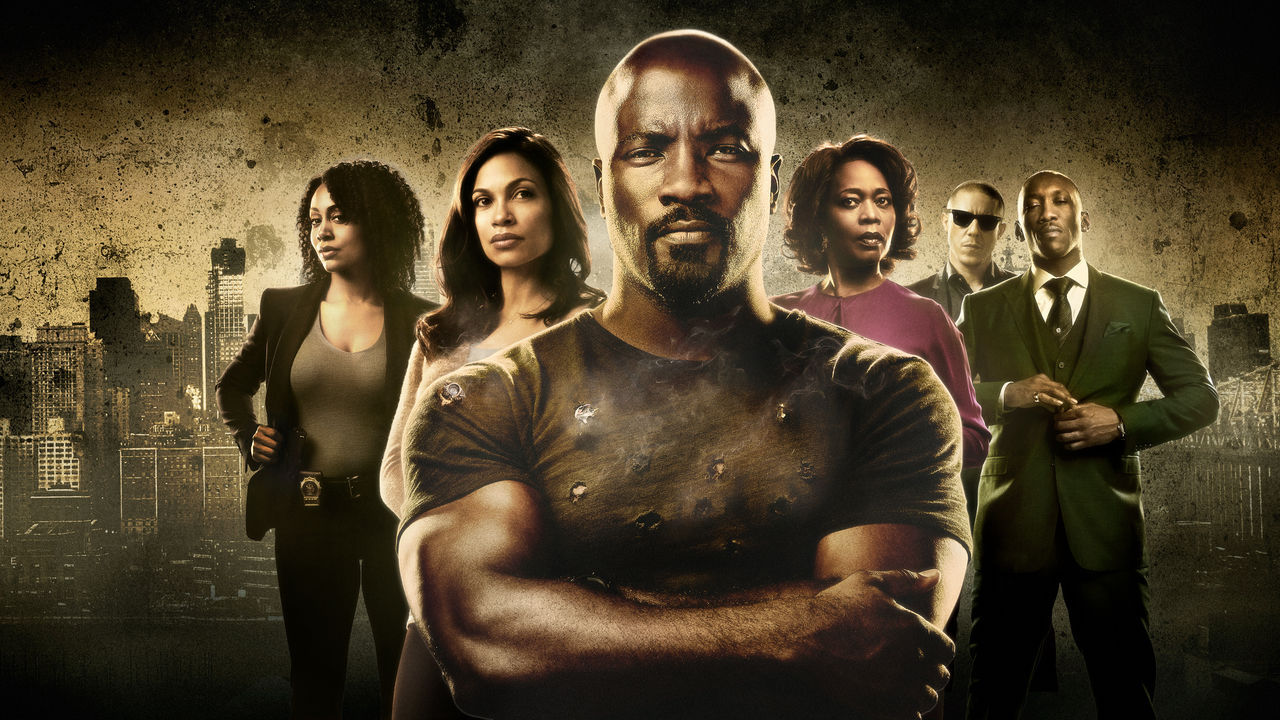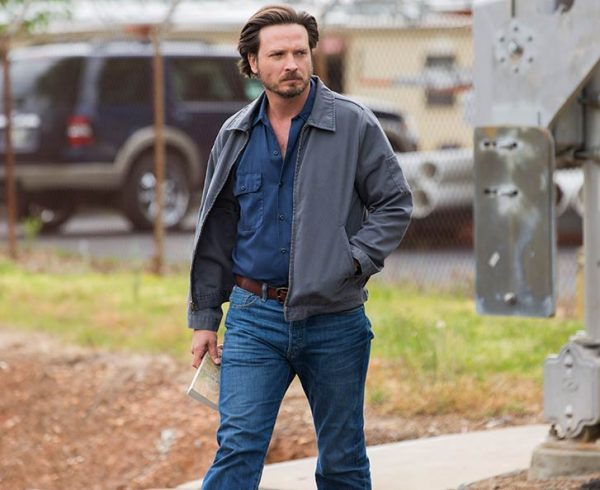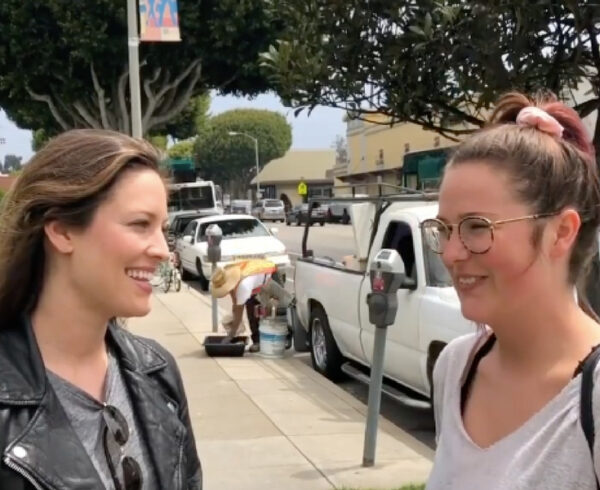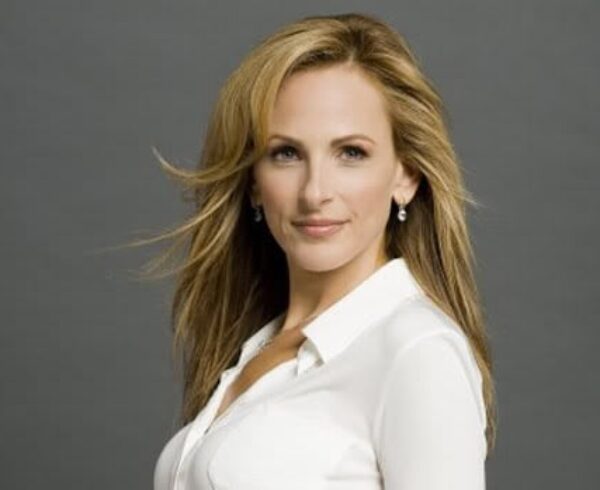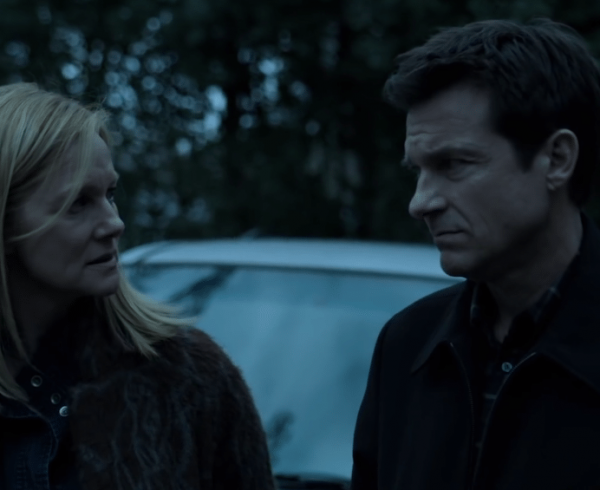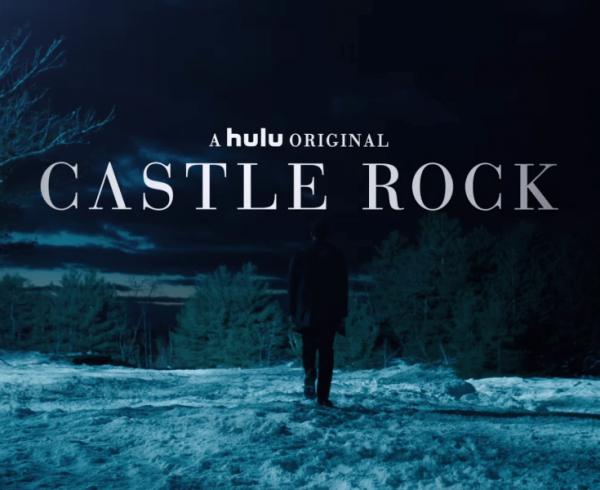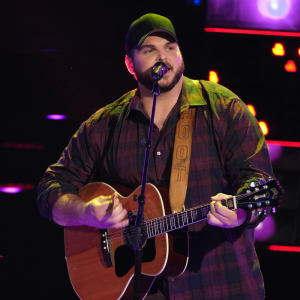Given our country’s tumultuous racial climate, some might say Netflix’s new series Luke Cage couldn’t have arrived at a better time. Cage made his first debut in Marvel comics as an ex-con who was wrongfully imprisoned, then was transformed into a superhuman by means of unsanctioned experiments. Once released, he becomes a larger-than-life, bullet-proof warrior for the modern day. Most recently he was introduced to us alongside heroine Jessica Jones in the eponymous Netflix hit. Throughout our past, art has often been the conduit by which society’s wounds can start to heal, and I had hoped Luke Cage might help to serve this purpose now. However, though it’s well intentioned, the show has huge obstacles it may not be able to overcome.
In episode one, we meet Cage at Pop’s Barbershop, where he is the resident janitor. We quickly learn that Pops, played by Frankie Faison, knows about Luke Cage’s abilities and wants him to do more with his life. However, Cage is closed off, embittered about his past and the losses he has suffered. He has no interest in helping his fellow man; he only wants to work his two jobs and be an average guy. The rest of the episode is spent illustrating to Cage the ways in which this will not work. Everything around him calls him to action, showing him that when you have a gift, you cannot hide or deny it for long.
Cheo Hodari Coker, the show’s writer and producer, was the creator of the Biggie Smalls biopic Notorious, and is also known for Southland, an edgy L.A. cop drama that ran for five years. Having been a fan of that show, I had high expectations for Luke Cage, yet Coker’s style and writing for this one are much different. The grit from Southland is absent, replaced by a more campy, stylized depiction of modern-day Harlem. Coker’s inability to give the show the roller-coaster pace of intense action followed by periods of character-building leaves much to be desired as well.
Coker’s choice of a linear structure does not do this genre justice. The first episode takes us slowly through Cage’s day-to-day life, introducing us to the hero via his “normal” activities. It would have been far more beneficial for the pilot to start off with an in-your-face crisis that causes Cage to demonstrate his superhuman prowess, then spend the rest of the episode showing us more of the backstory. After all, a fundamental principle of Writing 101 is that you must first make the audience interested in the character so they care about what happens to him. Luke Cage did not manage to captivate me until the very end. All things considered, there is way too much “tell” and not enough “show.”
The shortcomings were not the fault of actor Mike Colter, who plays Luke Cage. Colter is most known for his work on The Good Wife, and has the same chutzpa that Schwarzenegger and Stallone brought to the big screen in their heyday. With his calm, cool demeanor coupled with an underlying rage, Colter delivers as the only guy you’d want beside you in a street fight. He is undoubtedly the best choice for Luke Cage, but to ask one actor to carry a show is a tall order.
Casting is also not one of the culprits, as several other notable actors give the material their best shot. Mahershala Ali, most recently known as Remy in House of Cards, plays the villainous Cornell Cottonmouth, but he can only do so much. As a character, Cottonmouth waxes very two-dimensional, and has oddly-placed scenes where he plays a keyboard while scantily-clad women lie around his room. Cottonmouth crumbles under the weight of such complex predecessors as Marvel’s Joker, Magneto, or Harley Quinn.
Cottonmouth’s cohort, Councilwoman Mariah Dillard, is played by Alfre Woodard of Desperate Housewives fame. Woodard pulls off a Michelle Obama-like portrayal of a woman who’s passionate about her city, yet utilizes its underbelly to revive it. Unfortunately, Woodard also falls prey to being crammed intermittently into a plot that is already muddled.
One square peg in a round hole that detracts from rather than adds to the show is Theo Rossi, who plays gangster Shades Alvarez. Rossi gleaned a cult following from his turn as Juice in Sons of Anarchy; but in spite of this, it seems he has been brought on purely due to his past credits. Rossi’s strengths as an actor were apparent in Sons of Anarchy as a highly empathetic member of a biker gang, but watching Rossi try his hand at playing a tough gangster like Shades Alvarez is like watching a cat in a swimming pool.
To its credit, Luke Cage does deliver some notable lines such as “you live and die by your choices,” and “everyone has a gun, no one has a father.” These gems offer a hope that the writing could indeed pick up as the show continues. Perhaps somewhere underneath all the stereotypical characters, Shaft-esque music, and choppy scenes, there’s some semi-Emmy winning material trying to shine through.
“The only direction in life that matters is forwards, not backwards,” Pops often says to Cage. It’s a great bit of wisdom, but whether or not Coker can pull off moving this show forward at more than a turtle pace has yet to be seen.

